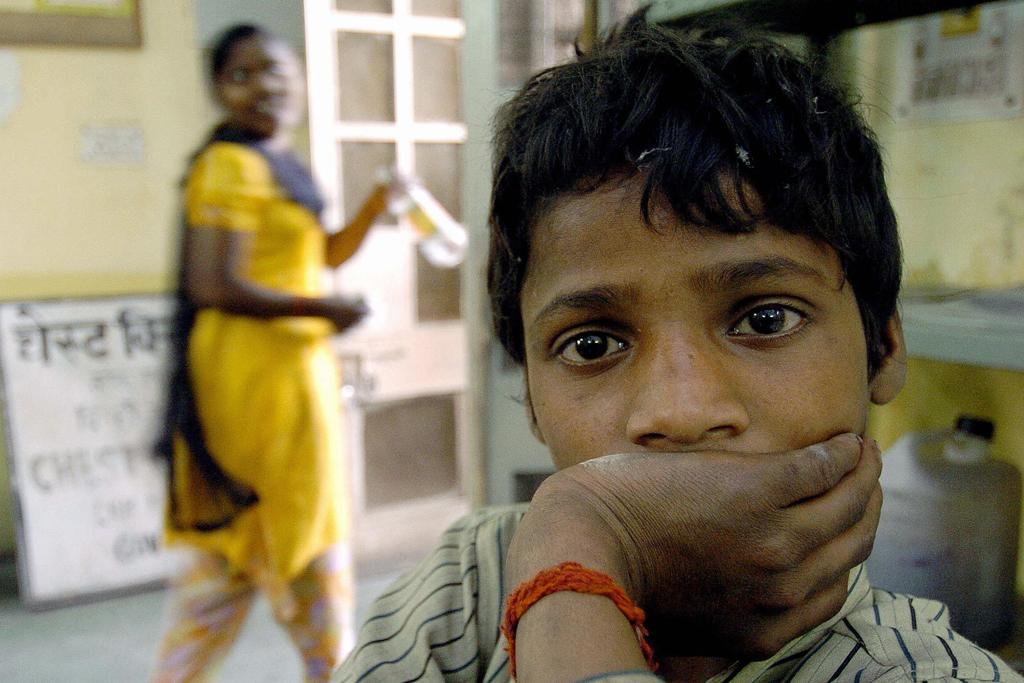Introducing the E-Nose, a sniffer test for tuberculosis
Indian tuberculosis patient Rampal waits to get his medicine at the L.N. J.P. hospital in New Delhi, 23 March 2004.
Breathalyser tests may be a thorn in the side of drink-drivers but, for the health industry, advances in this technology are big news.
Indian and US researchers said Monday they were close to developing a handheld "electronic nose" that can sniff out tuberculosis on the breath, Agence France Press reported.
The so-called "E-Nose" is a battery-operated device, similar to an alcohol breathalyser, which offers a rapid and accurate diagnosis.
A patient simply blows into the device, and sensors, developed in California, pick up TB biomarkers in droplets in the breath droplets.
Read more on GlobalPost: Using giant rats to detect tuberculosis
The E-Nose has come about thanks to a collaboration between the International Centre for Genetic Engineering and Biotechnology (ICGEB) in New Delhi and Next Dimension Technologies in California.
It’s been described as “ground-breaking technology” by the Times of India, which says the researchers were given a $950,000 grant from Grand Challenges Canada and the Bill and Melinda Gates Foundation to further their tests.
Ranjan Nanda, leader researcher, told the Indo-Asian News Service, IANS:
"The first phase of the grant will be used for collecting biomarkers from people, including TB patients from Delhi, Mumbai, Chennai and Kolkata. Sensors in the device will be trained to identify disease molecules."
Health Ministry figures show that two tuberculosis deaths occur every three minutes in India, which has the highest number of tuberculosis sufferers, the Times of India reported.
According to the World Health Organisation, India accounts for one-fifth of the global cases of TB, which is second only to HIV/AIDS as the world's most deadly infectious disease.
Read more on GlobalPost: India: As the middle class rises, so does tuberculosis
Nanda said it’s hoped the E-Nose will be ready for clinical testing by October 2013, and will become widely available in poor, remote areas where tuberculosis often spreads.
But the E-Nose story is not exclusive to tuberculosis. Scientists have also suggested the devices could be created for the early detection of lung cancer and pneumonia.
Every day, reporters and producers at The World are hard at work bringing you human-centered news from across the globe. But we can’t do it without you. We need your support to ensure we can continue this work for another year.
Make a gift today, and you’ll help us unlock a matching gift of $67,000!
